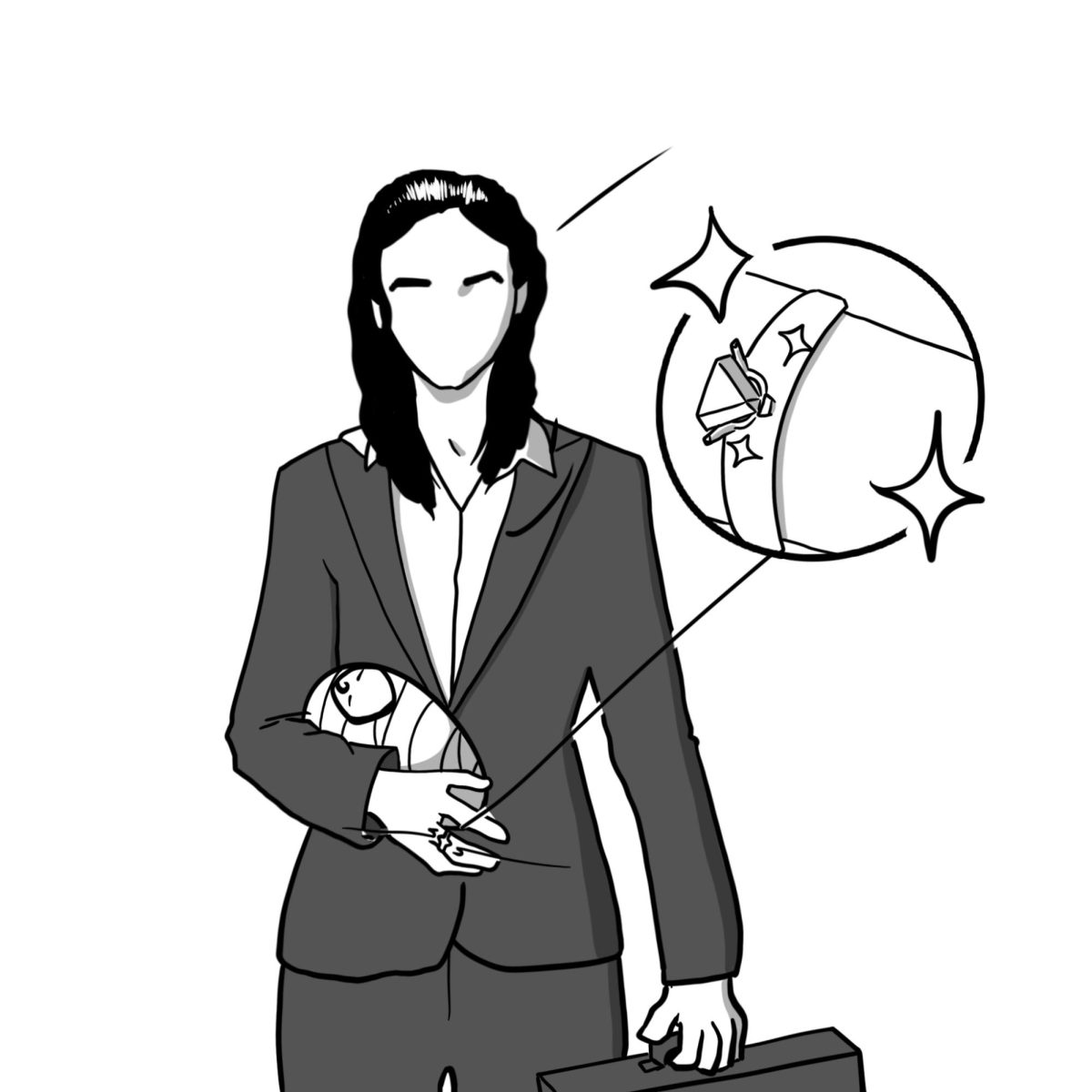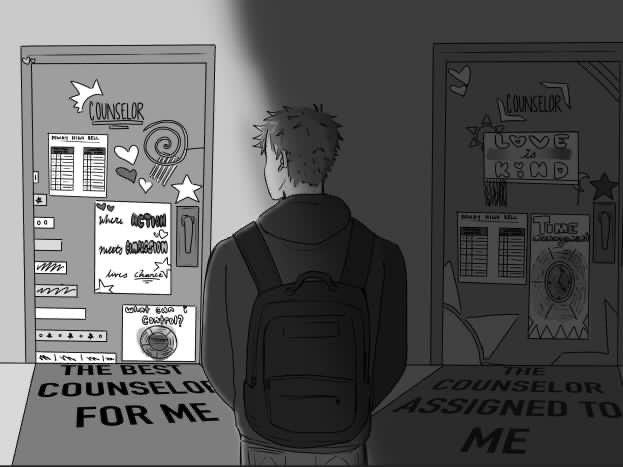Having it all without limitations
Over the summer, on every social media platform that I have – Instagram, Snapchat, TikTok – there was one thing that was on my feed: the “Barbie” movie. Directed by Greta Gerwig, this movie has become 2023 highest grossing movie so far this year, grossing over $1 billion (Forbes) since its release on July 21, 2023.
Initially, when the “Barbie” movie was announced, I was ecstatic to see it. But when the official trailer was released, I became less excited. I was less than impressed with Gerwig’s adaptation.
The main ideology in the movie is that Barbie – portrayed by Margot Robbie – can do everything without the assistance of any Ken. She would be doing what I call “Independent Womaning.”
I love that Barbie is Independent Womaning, but the problem, for me, arises when it feels as though Barbie has to choose between staying in Barbieland with all of her friends or leaving to go to the Real World. Gerwig tries to incorporate real life conflicts into a fictional movie. The metaphor that women will either have to stay at home and be a mother or enter into the workforce is all too outdated in today’s world.
Can women not have both a career and a family life that is satisfactory to her? It always seems as though if I choose to have children and I also want a career, I would have to sacrifice my family life in order to have a satisfactory career.
I recently had a conversation with my friend who works at ESS about how so many kids are enrolled in after school care because their guardians cannot pick them up right after school. I responded by explaining how there would be no way my parents could come pick me up at 2:30 every day because they had work to do. It is not that they did not want to come pick me up, but they simply could not get off of work early enough.
Then there is the question about the men; why don’t they have to choose between a family life and a career? The outdated ideology that the women should stay at home and the men are the breadwinners is, I believe, coming to a gradual halt. On one of my favorite accounts on TikTok is @maya.and.hunter.the roles are reversed: Hunter is a stay-at-home-husband, while Maya works and makes money for the two of them.
I love their content because I love seeing a man take care of his wife after a long day of work. After an eight hour shift, all one wants to do is come home and decompress from a long day. Hunter allows his wife to do that. He could say, “Hey honey, I’m glad you’re home. There are dishes to do and dinner to make,” but he doesn’t; he does it all himself.
In a world that is getting more progressive by the day, it is time to realize women do not have to choose between a family life and a career. It is also time to realize men are starting to face the same question women have for centuries.
I believe sexism is rooted in the age-old idea that men are the ones who can have it all and women must sacrifice. When we start to eliminate that outdated ideology, we can eliminate sexism and make the world a place that supports men and women equally.
– Lily Teran
Obstacles halting women’s livelihood
When discussing the Barbie movie with a friend, she surprised me when she mentioned she disliked how Barbie had to choose between love and a career. I hadn’t seen it that way. I saw the movie as being a reminder to women of all ages that they are important and are not what the world tells them to be. Barbie not following the audience’s expectations showed that no matter what society expects from you, you’re allowed to write your own story, even if you are going against society’s standards.
My friend’s comment got me thinking about the expectations of real women and whether or not they can have success in both love and their careers. I would argue they can try to, but at the end of the day, obstacles are constantly in the way of their success.
The main struggle is the gender pay gap, which may not seem extreme for most jobs, but becomes a pressing matter with the situation of motherhood. Many women may leave their careers to focus on their families, setting them back in comparison to male colleagues who do not defer their careers. For example, a woman goes to college to become an engineer and lands a job to be one. As she grows in her career, she lowers her hours to part-time, affecting her in the long run when it comes to retirement. Or she left the job altogether, came back, and was paid less due to having fewer years of experience than, say, her male colleague.
Society’s expectations of women to find a husband, have children, and settle into that life is an unfair stigma that has been around for centuries. One may want to believe that times have changed and people have become more progressive, but that is not the case for every state in the United States.
With America’s diversity comes a difference in cultures. Depending on the culture one grows up around, many women are discouraged from going to college, getting a career, and making a life for themselves. I know I have to get married and have kids, but why? Because it is what women in my culture are expected to do.
A friend of mine also noted the Kens in Barbieland were “mistreated,” which I thought was ironic because I felt the societal roles in Barbieland were exchanged for the roles in the real world. The men were practically useless, while the women ruled everything.
When Barbie came to the real world and saw a picture of Miss Universe, she thought they were the Supreme Court. However, that is an opposite example of how it is in our society. For example, according to the Center For American Women and Politics, there are 25 women in the U.S. Senate out of 100, far less than 50 percent,. and in the House of Representatives, less than 30 percent of voices are women’s. 150 women out of 535 seats in Congress. With numbers like those being so low, it makes me wonder how many of them have children or how many of them have tried to make a change for those who do but were overpowered due to such unbalanced numbers.
Unconscious expectations can also seep in during everyday conversations. I cannot count the number of times that I have had a conversation with my mom, a family member, or just a friend’s parent and they bombard me with the questions of “When are you getting married, having kids, etc”. It is not the thought of marriage or children that gets me, but instead, the emphasis on “when”. This suggests an expectation that I will have them, that I want to. To me, it speaks volumes that people don’t choose to say “if,” when referring to the future when addressing women. Tomorrow is not promised, making assumptions can seem harmless but can impact more than you may think, like a woman’s desire to “give in” to societal pressures.
– Bernell Bello




